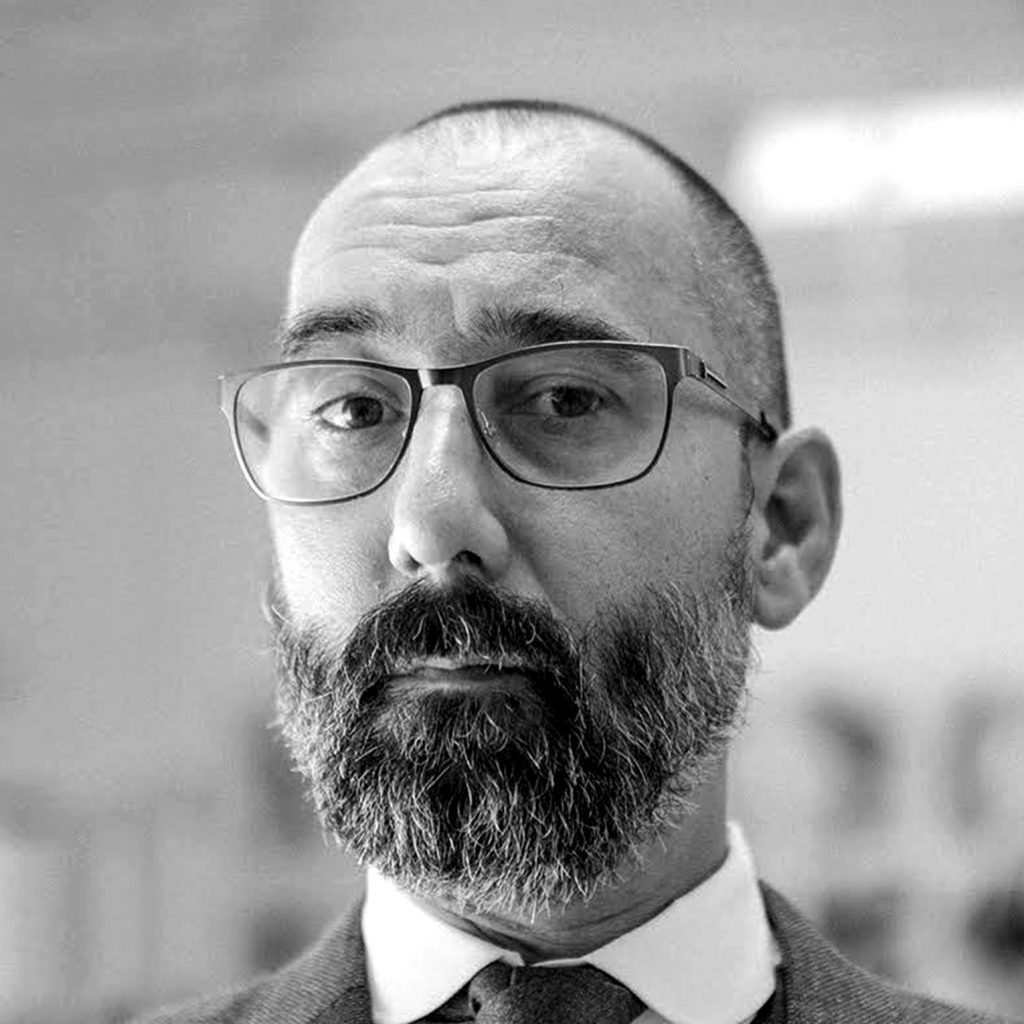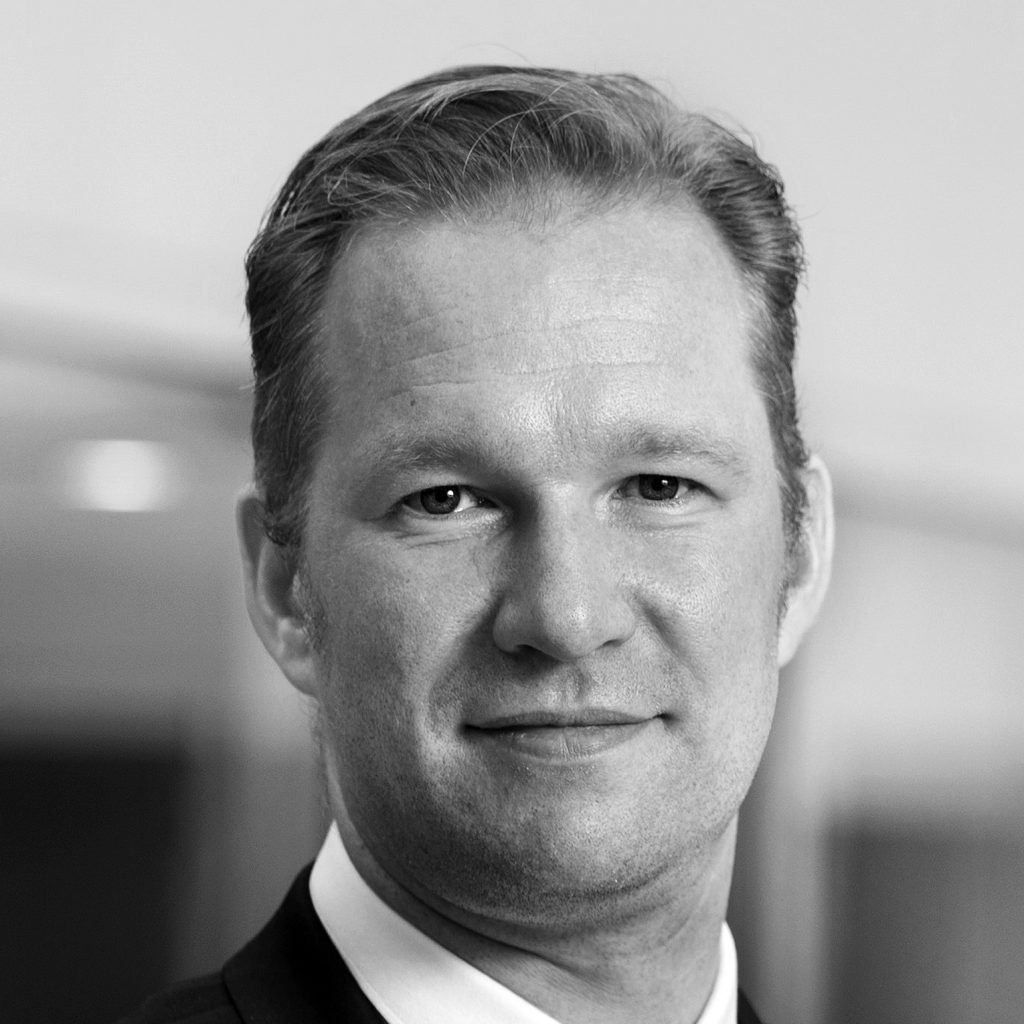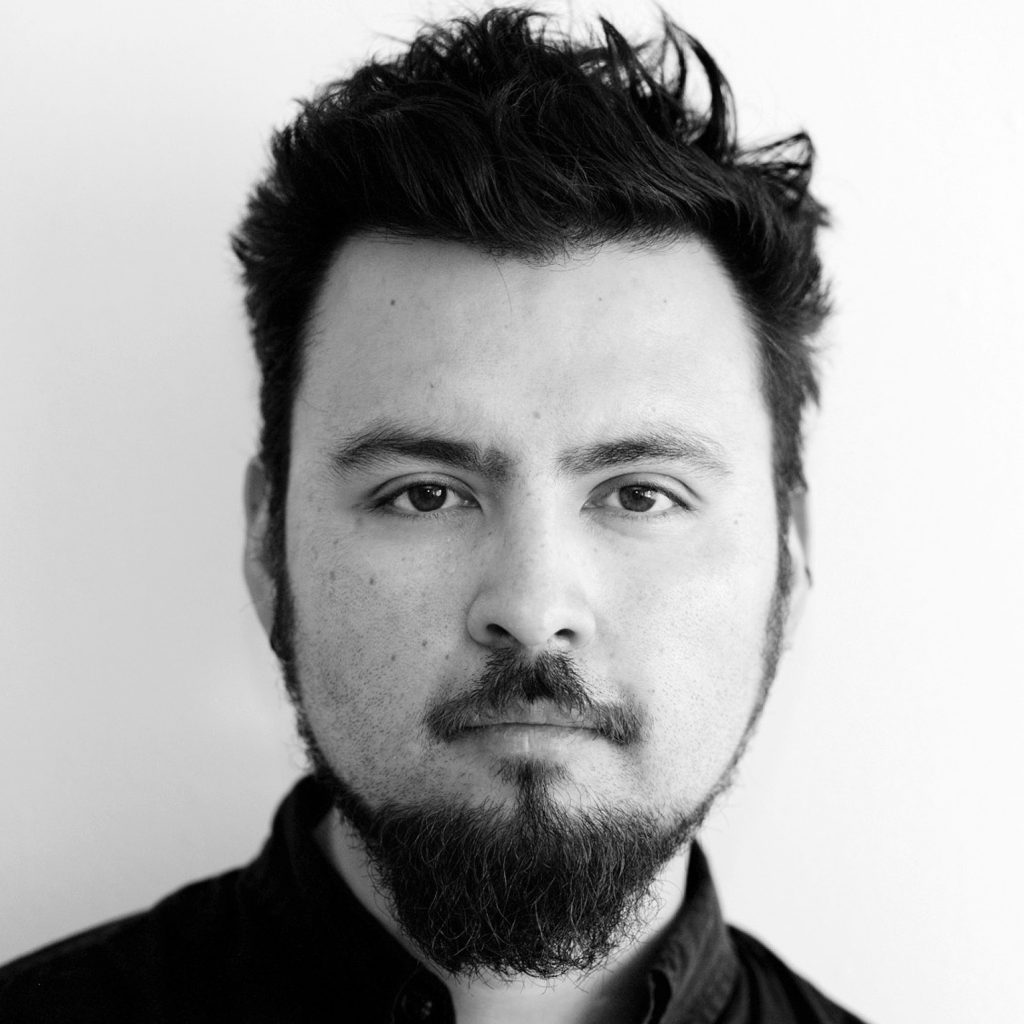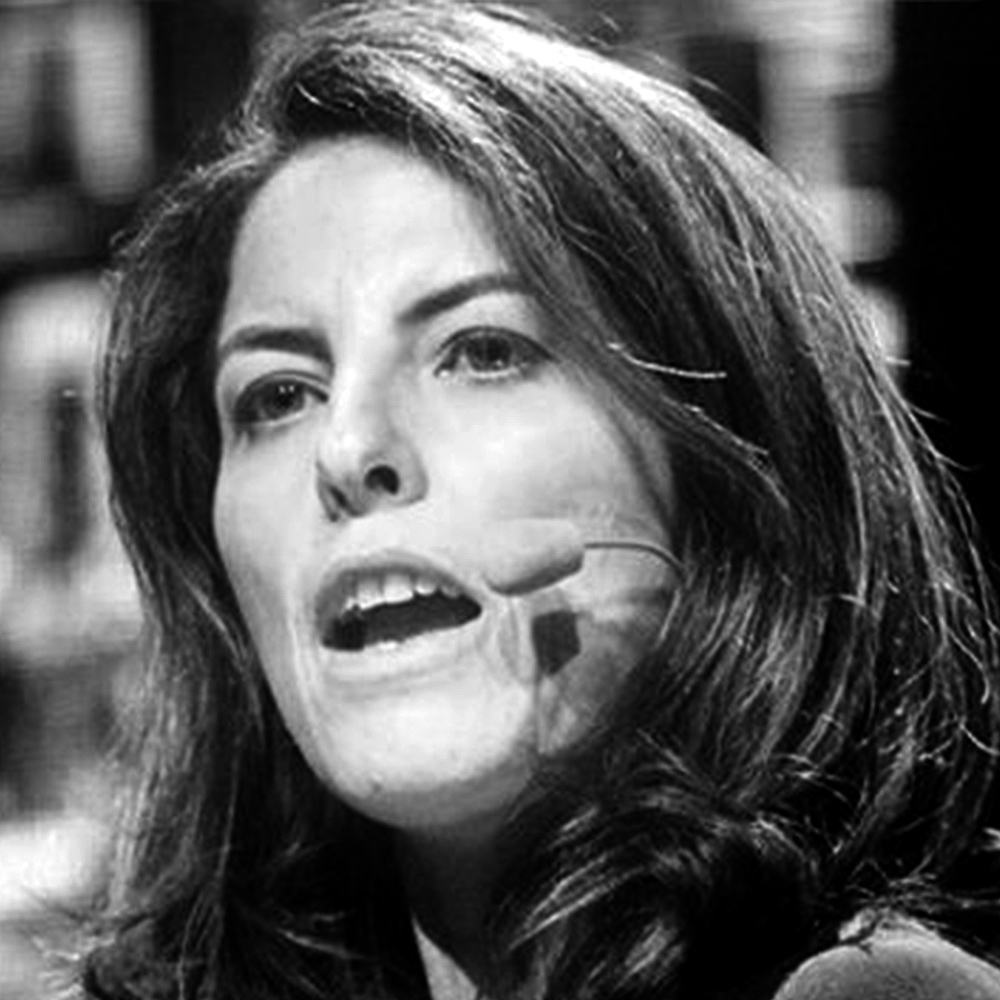As part of the CAADRIA 2021 conference, five Roundtable Conversations will be held. Each of these events is coordinated by a Roundtable Convenor, who has defined a session topic and invited three or four international Guest Speakers to join him/her in a roundtable discussion. Following a short introductory presentation by the Convenor, each Speaker will be asked to respond through a presentation and a conversation. The aim is to cover a broad range of topics that are complementary to the Keynote Lectures and deserve in-depth discussion in a more open-ended format.
Roundtable Session 1: Projections on Automation and Architecture
Convenor: Gilles Retsin
Monday 29 March, 20:00 pm HKT
Roundtable Session 2: Innovation Re-Origination
Convenor: David Erdman
Tuesday 30 March, 20:00 pm HKT
Roundtable Session 3: FUTURE PRACTICE: Challenges and Opportunities of Technology Integration in Building Engineering
Convenor: Ramon van der Heijden
Wednesday 31 March, 9:30 am HKT
Roundtable Session 4: FROM LAB TO SITE: Promises of Disruptive Technology Implementations in AEC
Convenor: Diego Pinochet
Wednesday 31 March, 20:00 pm HKT
Roundtable Session 5: Encoding and Decoding Patterns of Planetary Urbanization
Convenor: Enriqueta Llabres-Valls
Thursday 1 April, 15:00 pm HKT
Roundtable Conversation 1:
Projections on Automation and Architecture
Monday 29 March, 20:00 pm, Hong Kong (13:00 pm, London)
Recent tendencies in architecture have moved on from an obsession with continuous form to develop a more critical understanding of the disciplines’ relation to “the Digital”. Part of this shift is a variegated group of practitioners and theorists that interrogate the notion of automation as an alternative angle to understand the relation between architecture and digital technologies.
Framing architecture’s engagement with digital technologies as a form of automation opens up a vast territory of investigation, ranging from robotics and fabrication, to platform economics, the politics of the digital, and planetary issues such as climate change. While this is a welcome departure from the often-isolated viewpoint of the early digital experiments in architecture, the question arises how this reflects back on core issues architecture itself – space, form and experience. Returning from these vast territories of automation, have we lost the desire to formulate a position on space and form?
This panel of experts will debate how automation has impacted our understanding of design and architecture itself. Covering the politics of automation and its repercussions on architecture, the discussion will project possible architectural attitudes, ideas and positions.
Convenor:

Gilles Retsin
Programme Director, M.Arch Architectural Design, the Bartlett School of Architecture, UCL
Co-founder, UCL Design Computation Lab
Co-founder, AUAR ltd (Automated Architecture)
Originally from Belgium, Gilles Retsin is an architect and designer living in London. He studied architecture in Belgium, Chile and the UK, where he graduated from the Architectural Association. His design work and critical discourse has been internationally recognised through awards, lectures and exhibitions at major cultural institutions such as the Museum of Art and Design in New York, the Royal Academy in London and the Centre Pompidou in Paris. He recently edited an issue of Architectural Design (AD) on the Discrete and has co-edited Robotic Building: Architecture in the Age of Automation, with Detail Verlag.
Gilles Retsin is Programme Director of the M.Arch Architectural Design at UCL, the Bartlett School of Architecture. He is also co-founder of the UCL Design Computation Lab, which does high profile research into new design and fabrication technologies. He is also co-founder of AUAR ltd (Automated Architecture), a start-up working towards an automated platform for affordable housing.
Panellists:
Marina Otero Verzier
Head of the Social Design MA, Design Academy Eindhoven
Deborah Lopez & Hadin Charbel
Lecturers, the Bartlett School of Architecture, UCL
Co-founders, Pareid Office
Jelle Feringa
Chief Technology Officer, Aectual
Roundtable Conversation 2:
Innovation Re-Origination
Tuesday 30 March, 20:00 pm, Hong Kong (08:00 am, New York)
This panel will be discussing how the displacement of the origins of existing contexts can constitute new, future origins. Innovation is not always what’s new and what is next; it may be directly in front of us. This is an increasingly important consideration for architectural education and the profession; one which foregrounds the reuse of buildings, building systems, materials, infrastructures, trades, craftsmanship, and landscapes as a viable arena for scholarly research, design development and technical innovation. Within the context of CAADRIA, the importance of this subject lies in the numerous technological promises that come with the hybrid, mixed systems and which contradict and complicate the clean, singularity of 20th century, wholistic, ground-up construction. In focusing on this area of research, the smooth streamlined mythology of BIM software might be reconsidered and expose latent technical horizons.
The scope of research on “re-origination” and its requisite praxes locates itself on the fringes of architecture discourse. Existing research on this subject has been limited due to the fact that the majority of architecture schools and practices largely see solutions to sustainability as tethered to the continued necessity for new, novel construction systems, materials and tradecrafts. This panel will explore ways in which research in this area emphasises and explores the robust space between social and environmental justice afforded by the primary lens of “alteration.” Through this framework, small-scale, highly attenuated, design moves that draw concisely from their context, minimize displacement, limit resources, and capitalize on obsolete square footage and/or practices will be discussed as having the capacity to innovate and re-originate.
Convenor:

David Erdman
Chairperson, Graduate Architecture and Urban Design, Pratt Institute’s School of Architecture
David Erdman is the chairperson of Graduate Architecture and Urban Design at Pratt Institute’s School of Architecture in Brooklyn, NY. He was a co-founding partner of the design collaborative servo where he designed and completed numerous projects exhibited in museums in North America and Europe. Erdman co-founded davidclovers (now plusClover) with former partner Clover Lee where from 2006-2016 he designed and completed over twenty built projects in Hong Kong, China and North America. In addition to the receipt of numerous awards and having work from both firms exhibited and collected in museums, Erdman was awarded the prestigious Rome Prize in 2008-2009.
In addition to Pratt, Erdman has taught at UCLA and HKU and held visiting positions at various universities including Yale, UC Berkeley and Rice University. He is the author of Introducing (AR+D 2021), Pratt Sessions Volumes 1 and 2 (ORO 2018, 2020) and co-author of Future Real (Yale SoA 2018). He has lectured throughout Asia, North America and Europe. Erdman is currently working on several books and a series of collaborative design research projects with government organizations in New York City and Hong Kong.
Panellists:
Debora Mesa Molina
Principal, Ensamble Studio
Ventulett Chair, Georgia Tech
Elora Hardy
Founder, IBUKU
Philip Yuan
Associate Dean and Professor, College of Architecture and Urban Planning (CAUP), Tongji University
Jing Liu
Co-Founding Principal, SO-IL
Visiting Professor, Pratt Institute
Roundtable Conversation 3:
FUTURE PRACTICE: Challenges and Opportunities of Technology Integration in Building Engineering
Wednesday 31 March, 9:30 am, Hong Kong
Moore’s law predicts the number of transistors in a dense integrated circuit to double approximately every two years. This means that every 24 months, computational devices can perform their tasks twice as fast. For over 50 years, this theory has held up. In the meantime, while our industry still considers decade-old BIM technology to be “new”, Automation, Machine Learning, and Artificial intelligence are increasingly taking over the laborious and repetitive tasks that are part of our design and engineering work.
Designers will in the future interface with machines through AI assistants and use human qualities, such as creativity, emotion, inter-human relationships, experience, and common sense to make decisions. At Arup Group we are currently developing a design automation platform called “Total Design Automation” (TDA) which will make it easy to both develop automated workflows and use them across projects around the world. Through cloud technologies, automated design tasks are linked together by the data they produce and subsequently consume, orchestrating entire design workflows from start to end. In doing so, a gap has been exposed between what is theoretically possible and what is needed now. The biggest industry challenge is hardly ever the design and delivery of complex, iconic architecture, but to provide sufficient housing and places to work for the exponentially growing world population.
By touching on issues related to standardisation, industry skills, business strategies, and future design and delivery methodologies, this roundtable panel of experts in computational design engineering and construction will discuss how our industry can (prepare itself to) utilise future computation and automation to improve the quality of our built environment.
Convenor:

Ramon van der Heijden
Digital Design Leader, Arup East Asia
Ramon is Digital Design Leader at Arup East Asia. His work in Research and development, Building Information Modeling and Building Data Management has allowed him to develop a deep understanding of the technology that drives innovation in construction data management and design. Specializing in the generation of large, data rich building models has enabled him to create the Elefront add-in for Grasshopper. He is currently the Programme Director of the development of a cloud-based design automation platform that allows anyone to develop and use automated design solutions through the web.
Ramon has taught computational design at Eindhoven University of Technology, and
Construction Communication and Architectural Design at The University of Hong Kong. He has hosted seminars on Elefront at Chinese University Hong Kong, The University of
Hong Kong and for the AA Visiting School, Hong Kong. Leading the Digital Design Team, his work focuses on optimizing and digitizing existing design and engineering processes as well as exploring new business opportunities using digital design technologies.
Panellists:
Emidio Piermarini
Associate, Buro Happold Asia
Susanne Knorr
Global Client Development Lead Data & Analytics, Arcadis
Lai, Man Kit Thomson
Executive Director of Innovative Solutions,
Digital Transformation Lead, Greater China, AECOM
Nick Williams
Principal, Computational Design & Automation Leader, Aurecon
Roundtable Conversation 4:
FROM LAB TO SITE: Promises of Disruptive Technology Implementations in AEC
Wednesday 31 March, 20:00 pm, Hong Kong (08:00 am, New York / 13:00 pm, London)
Having overcome the debate of the transition between the digital and the physical, architectural design faces a challenge about applying lab research into real-life scenarios to produce a true impact in our society. Whereas technology keeps driving definitive changes in architecture education and research, the demand for disruptive technological solutions addressing humanity’s future challenges, behest a clear position on how to move beyond ‘the lab’ in the short, mid, and long term.
From the development of discrete ‘chunky’ architectures based on the mass production of building components, to the proposition of smart architectures from a material perspective that can self-assemble into complex objects and spaces, to the final realization of a digital continuum from the 3d model to the physical environment using robots collaborating in a coordinated dance, lab research is under scrutiny. The proposition of building systems and narrow applications representing the state-of-the-art research faces questions about their real impact in our society in the short, mid, and long term. Can architecture – through computational design – drive the necessary changes in the light of the challenges humanity will face in the next 30 to 50 years? Furthermore, what are the necessary steps that could lead to a disruptive implementation of the promising research that lays in lab setups’ boundaries?
Convenor:

Diego Pinochet
Professor, School of Design, UAI Chile
PhD Researcher, MIT
Diego Pinochet is a PhD student at the Design and Computation group at MIT, researcher at the Encoded elements lab in the International Design Center at MIT, a visiting Ph.D. Student at the Human-computer interaction group at MIT CSAIL, and a Professor at the School of Design at UAI Chile. Diego Pinochet holds a B.Arch and a M.Arch in the Pontifical Catholic University of Chile (PUC) and a Master of Science in Architectural Studies (SMArchS) from MIT.
His research is focused on advanced computational design and interactive fabrication methodologies using Artificial Intelligence. He is pursuing his PhD degree in Design and Computation at MIT with a major in Human-Computer Interaction and a minor in Machine Learning. He seeks to bridge robotic fabrication with design methodologies to push innovation in architecture and construction through his research.
Panellists:
Stefana Parascho
Assistant Professor, Director creAte Laboratory, Princeton University
Skylar Tibits
Associate Professor of Design Research, MIT
Co-director and Founder, MIT Self-Assembly Lab
Kevin Saey
Tutor, The Bartlett School of Architecture, UCL
Architect and Researcher, Automated Architecture (AUAR) Ltd.
Victor Leung
PhD Candidate, Gramazio Kohler Research, ETH Zurich
Roundtable Conversation 5:
Encoding and Decoding Patterns of Planetary Urbanization
Thursday 1 April, 15:00 pm Hong Kong (08:00 am, London)
In 1986 the Earth System Sciences Committee from NASA Advisory Council raised the importance of an understanding of Earth Systems, and how the complex interactions among Earth’s components affect Earth history and evolution. It emphasized humanity’s new role as an active participant in the Earth’s evolution and, therefore, the need to understand the consequences of human economic and technological activity on the Earth’s biochemical cycles. This planetary perspective is rising among the academic community, bringing back epistemological questions that challenge a city-centric approach to the urban phenomenon. The alternative is the concept of “Planetary Urbanization” to describe the extensive, uneven urban fabric shaped in a neoliberal global context.
35 years after NASA’s report, the Covid-19 Pandemic demonstrates how unsuccessful humanity is in facing global challenges. Similarly, the disciplines of the built environment seem to be poorly equipped to engage with this Planetary condition. This panel will discuss how advances in global observations, information systems, and computational methods can help us to expand our capacity to design complex adaptive systems in the context of Planetary Urbanization. How can we challenge the negative externalities consequence of a capital-driven Earth System in which a large variety of agents interact in a non-linear way, returning different levels of organization and hierarchies, each of them ruled by their own laws?
This roundtable will discuss the need to incorporate emerging transdisciplinary niches to challenge a capital-driven planetary urbanization, considering the Earth’s System’s viability as the most relevant issue at stake today. We will explore how the incorporation of a wider spectrum of emerging disciplines, such as Earth’s System Sciences, studies of the Earth’s Biochemical Cycles or Neuroeconomics’ understanding of decision-making and behaviour, might help address scenarios of non-linear Planetary Urbanization.
Convenor:

Enriqueta Llabres-Valls
Lecturer, the Bartlett School of Architecture, UCL
Mittelsten Scheid Guest Professor, Wuppertal University
Enriqueta Llabres-Valls is a Lecturer in Architecture and Urbanism at the Bartlett School of Architecture, University College London, and Mittelsten Scheid Guest Professor in the Faculty of Architecture and Engineering at Wuppertal University. She holds a degree in Architecture from UPC, Barcelona, and Local Economic Development from the London School of Economics. Her research interest expands from the studies of the built environment to local development concepts such as environmental policy and regulation, globalization, and inequalities.
In her career, she has focused on integrating the concept of Relational Capital in the design process. She leads with Zach Fluker Research Cluster 18 in the MArch Urban Design BPro at the Bartlett. Her career in the practice has been awarded on numerous occasions since she co-founded Relational Urbanism in 2009. In 2017 she co-founded LlabresTabony Architects; Relational Urbanism continues its mission as Relational Urbanism Lab under the umbrella of LlabresTabony Architects.
Panellists:
Michael Weinstock
Director of Research and Development,
Founder and Director, Emergent Technologies and Design Programme, The Architectural Association School of Architecture
Ying Jin
Reader in Architecture and Urbanism,
Director, Martin Centre for Architectural and Urban Studies, University of Cambridge
Rosalea Monacella
Design Critic in Landscape Architecture, Harvard GSD
Chief Editor, Kerb Journal, RMIT